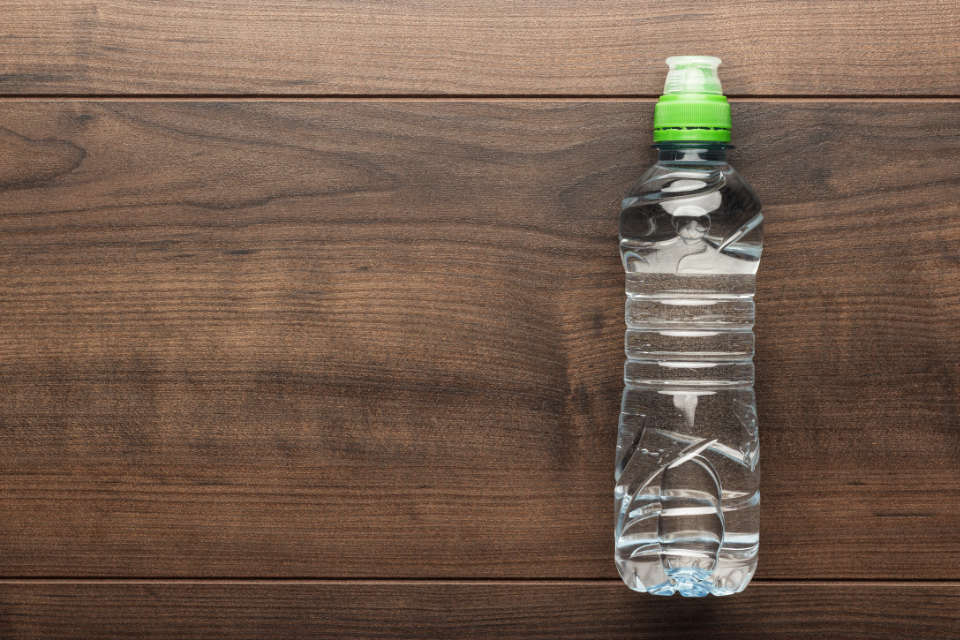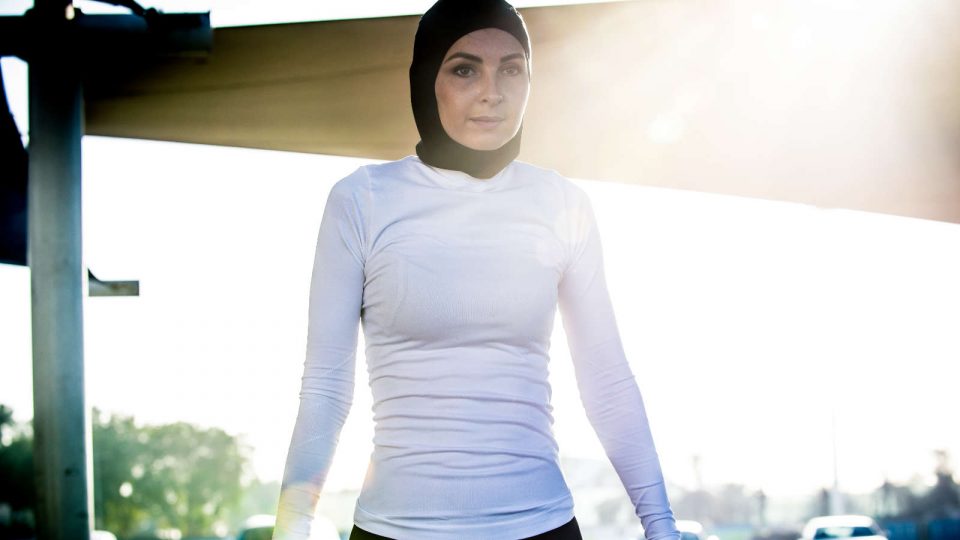Many would have thought that if the Muslims were to train or do workouts like how they used to, they won’t be able to endure. Well, that’s not true because if the Muslims were going to train and do workouts like how they used to, they’ll feel easily exhausted and it’ll definitely be a challenge for them but that does not mean that they won’t be able to endure. Therefore, in order for the Muslims to be able to keep fit, they’ll need to modify their training routine that fits them and not a routine that will tire themselves out.
Trying to stay fit is one thing but the Muslims who are fasting will also need to listen to their body because the body will be the one sending you signals, informing you if they are unable to keep up to it. You wouldn’t want to train and workout and then start fainting, right? So, how you can remain fit and continue running during Ramadan is:

Drink your H2O
It is important for one to be drinking plenty of water before your training or workout and it is even more important for the Muslims to be taking in enough water during Sahoor so that they will be able to last throughout the day. It is advisable to drink at least 8 – 12 cups of water a day for hydration from the period of Iftar to the time of Suhoor. Try to consume the other drinks in moderation and try to consume more on water.
Take it down a notch
You don’t have to follow your usual workout when you are fasting because it’ll probably just kill you. Take your average workout down a level to make it a little easier on your body – be that the weight you are lifting, the number of reps you are doing, or the distance you are running.
Your workouts don’t have to be a killer, as long as you get your body moving, that’s more than good. Doing extreme workouts will only risk yourself into severe dehydration and also run the risk of eating into your lean muscle tissue as your body looks for energy supplies.

Consume your carbs and proteins
Breaking fast with dates is great as they have a high level of potassium which helps the muscles and nerve functions. During iftar, make sure that you get all the food groups in your body because that’s the time for you to replenish your energy.
Get in your fruits and vegetables, protein and your rice and alternatives. Instead of eating white rice, opt for complex carbohydrates such as wholegrain rice, beans, lentils or sweet potatoes because they take a longer time to break down.
Taking a longer time to break down would mean that they will provide energy for a longer time and stabilise your blood sugar. On the other hand, consuming proteins during Ramadan is essential because it helps to counteract lean muscle loss and it will also help to keep you feel fuller longer.
Catch some sleep
Finally, if you don’t get plenty of sleep, your body will need time to recover and replenish the energy that was lost during the day. Your body does not have the same energy level when you are fasting as compared to when you didn’t fast.
Try to slow it down as much as you can and rest where and whenever possible. If not, you will risk muscle loss if you are going around at a million miles an hour and therefore, it will be easier to burn yourself out.
Train to eat mindfully, sleep well and exercise moderately every day. What are your tips in order to continue running during Ramadan?





